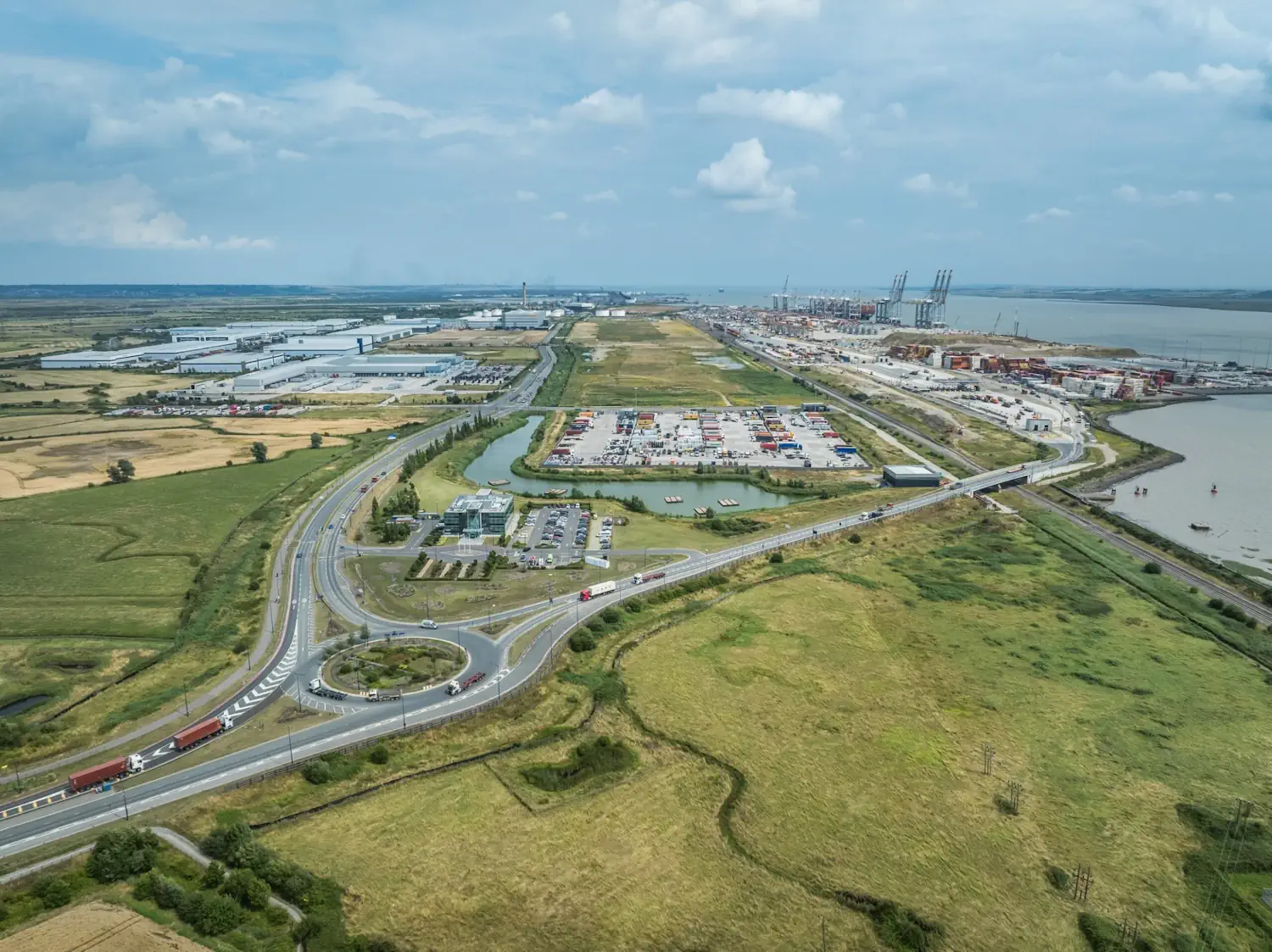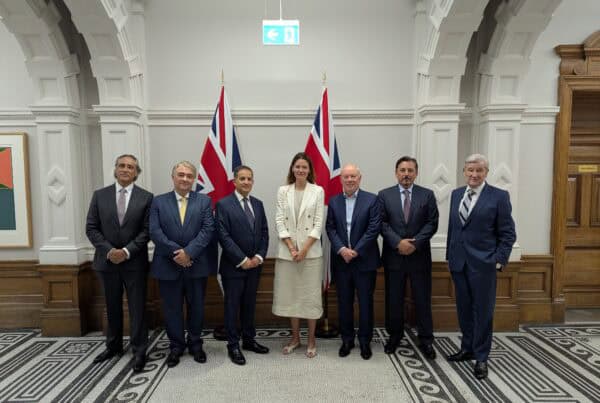
Across the globe, there are pockets of many countries where there are incentives to start up and expand businesses. In the UK, Freeports and Enterprise Zones were introduced to boost economic areas. With different regulations, tax relief and other benefits, these defined zones are highly attractive to anyone wanting to build or grow a business. Similar to Global SEZs, what makes UK Freeports different from Global SEZs is what we delve into below.
What is the Difference Between a Freeport and an Enterprise Zone?
Both Freeports and Enterprise Zones are types of Special Economic Zones, very similar in the way that they function and the incentives they offer. There can often be confusion about the difference between a Freeport and an Enterprise Zone, which makes noticing the value of a UK Freeport difficult.
Freeport
Freeports are select areas within the country’s borders designed to create jobs and boost investment through different economic regulations. They are created by the government to support parts of the country that require economic growth. With the incentives and infrastructure provided, Freeports become an attractive business environment with locations near airports and shipping ports to support businesses that import, process and re-export goods.
Enterprise Zone
An Enterprise Zone is an area within the country that encourages economic growth through business investment. Enterprise Zones are urban areas that attract investments and private companies to create new businesses and houses, operating differently from Freeports.
The Difference Between a Freeport and Enterprise Zone
While an Enterprise Zone is a geographical area where businesses can receive start-up and expansion incentives, a Freeport especially supports businesses that rely on an importation or exportation trade. Their geographical location is a huge factor in this with Enterprise Zones in urban areas and Freeports close to seaports and airports. The tax incentives also differ with Enterprise Zones receiving benefits such as Stamp Duty Land Tax relief while Freeports offer alternative tax incentives like enhanced capital allowances and relief from employer National Insurance contributions.
Are There Special Economic Zones in the UK?
A Special Economic Zone (SEZ) is the broad term for geographically defined areas where the country’s regulations are designed to support business. Under the umbrella of SEZs, the UK is home to both Freeports and Enterprise Zones.
Freeports in the UK
The UK is home to many Freeports with 8 in England, 2 in Wales and 2 in Scotland (known as Green Freeports).
Freeports in England
- East Midlands Freeport
- Freeport East
- Humber Freeport
- Liverpool City Region Freeport
- Plymouth and South Devon Freeport
- Solent Freeport
- Teesside Freeport
- Thames Freeport
Green Freeports in Scotland
Freeports in Wales
All twelve of these UK Freeports benefit from special tax relief to support investment. While Teesside Freeport is the largest in the UK and Thames Freeport provides the most global opportunity, benefits are consistent through all twelve Freeports. They receive certain tax relief, simplified customs procedures, exemptions, public investment and much more.
Enterprise Zones in the UK
Enterprise Zones were created in the UK in 2011. In addition to the twelve Freeports in the UK, each country is also home to a significant number of Enterprise Zones. England has a staggering 48 Enterprise Zones, aimed to support economic growth, create housing and invest back into the local community. Eligible businesses can receive up to 100% discount on business rates over 5 years, enhanced capital allowances and simplified planning procedures.
Elsewhere in the UK, similar policies are in place across Scotland, Wales and Northern Ireland. Scotland currently boasts 16 sites with plans to expand by 2026 while also offering high-speed broadband and training courses for businesses. Additionally, Wales features 8 Enterprise Zones while Northern Ireland is breaking ground on its first Enterprise Zone, Atlantic Link.
What Makes UK Freeports Different From Global SEZs?
Countries across the world have their own version of SEZs, each having their own rules, regulations and benefits. China and Saudi Arabia are two countries where their SEZs excel whilst developing countries in both South-East Asia and East Africa are also implementing SEZs. However, businesses in these countries would also benefit from UK expansion at Thames Freeport.
Both UK Freeports and Global SEZs rely on international relationships. While UK Freeports specialise in businesses importing and exporting, Global SEZs are designed to attract foreign investment. Both are also extremely beneficial to the economy and in supporting the local community with job opportunities.
However, this is where the similarities end. UK Freeports and Global SEZs are extremely different in the benefits they receive including different tax reliefs, exemptions, financial incentives and business support. Global SEZs can receive greater relief percentages and longer relief on business rates. UK Freeports, on the other hand, receive simplified customs procedures and zero National Insurance contributions for new employees for up to three years. Their main purpose is to boost local economic growth for the benefit of residents.
With operations primarily via water and rail, Thames Freeport offers a low-carbon solution to importing and exporting making it a great option for international businesses looking to expand globally while remaining eco-friendly.



